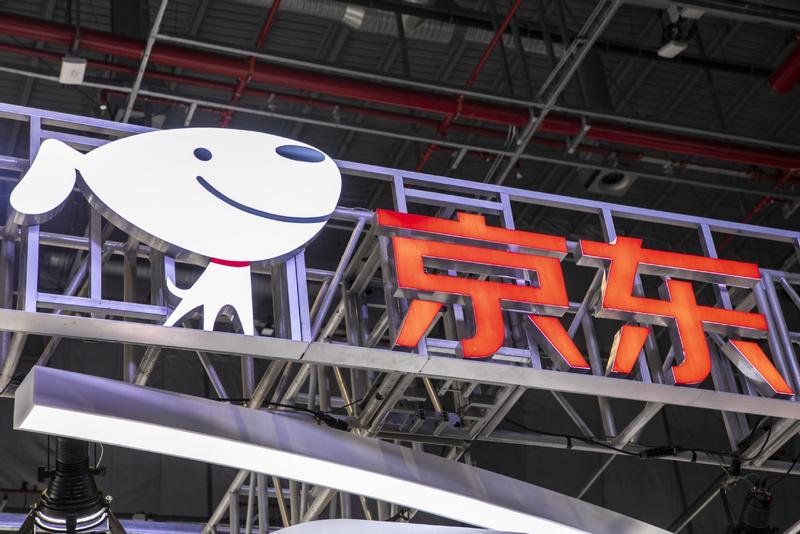 A logo of Chinese e-commerce giant JD. (PHOTO / IC)
A logo of Chinese e-commerce giant JD. (PHOTO / IC)
Chinese e-commerce giant JD Inc is betting big on the fast-growing ready-to-cook, ready-to-heat and ready-to-eat meals segment, which has gained popularity among younger Chinese consumers since the outbreak of the COVID-19 pandemic.
JD said in the next three years, it will support 20 semi-cooked food brands, whose sales revenue is expected to surpass 100 million yuan ($15 million), and five premade cuisine brands that are likely to see their turnover exceed 500 million yuan. JD's support will be extended in areas like data flow, retail channels, marketing and cold chain logistics.
JD Super, the online supermarket arm of JD, has released the prefabricated dish standard of Fotiaoqiang, a traditional thick soup made of varieties of seafood and meat, in collaboration with the China Premade Cuisine Industry Alliance.
The standard specifies strict requirements for the hygiene and safety of semi-cooked dishes, including food additives, heavy metals, health and microorganisms.
JD will source materials only from qualified suppliers, and offer presale and after-sales services to ensure the safety of precooked products. It will also roll out related standards for low-temperature luncheon meats, roast sausages and meatballs in the future.
Wang Minghui, who is in charge of ready-to-cook dinners at JD's fresh food unit, said the transaction volume of precooked dishes surged about 200 percent between May 23 and June 1, the presale period of the June 18 shopping carnival. The festival, which was just a one-day event when it started but now spans more days, kicked off at 8 pm on May 23.
There are about 5,000 varieties of ready-to-cook products at JD Super, with the transaction volume jumping 156 percent year-on-year in 2021.The company now owns 18 cold chain warehouses covering 600,000 square meters in 30 provincial-level regions across the nation.
"The semi-cooked food industry is still nascent," Wang said, adding JD will deepen its cooperation with the production bases of food ingredients, launch innovative pre-prepared dishes with well-known catering brands on the basis of the consumer-to-manufacturer or C2M model, and upgrade its cold chain and logistics services.
The C2M model refers to leveraging online retailers' big data and customer analysis capabilities to customize products that meet the demands of consumers.
Wang said the precooked food gift packages have gained popularity among consumers during some traditional Chinese festivals in recent years, such as the Chinese Lunar New Year and the Mid-Autumn Festival. In addition, the growing popularity of small home appliances has boosted sales of premade dishes.
Data from market consultancy iiMedia Research showed China's premade cuisine saw sales of 345.9 billion yuan last year. The figure is projected to rise at a compound annual growth rate of 20 percent to 516.5 billion yuan by 2023. Experts said the younger generation among Chinese consumers shows an increasing appetite for precooked cuisine.
"At present, the industrial chain of pre-prepared meals is long and fragmented, and the competition in the segment of low-end products is fierce. Meanwhile, the overall technological research and development capacity is insufficient," said Xin Yuan, general secretary of the China Premade Cuisine Industry Alliance.
Such factors have hindered the high-quality development of the premade food industry, Xin said.
Other e-commerce grocery platforms such as Freshippo, Missfresh and Meituan have also invested heavily in the semi-cooked products sector. Missfresh said sales of premade food increased over 300 percent year-on-year last year.


